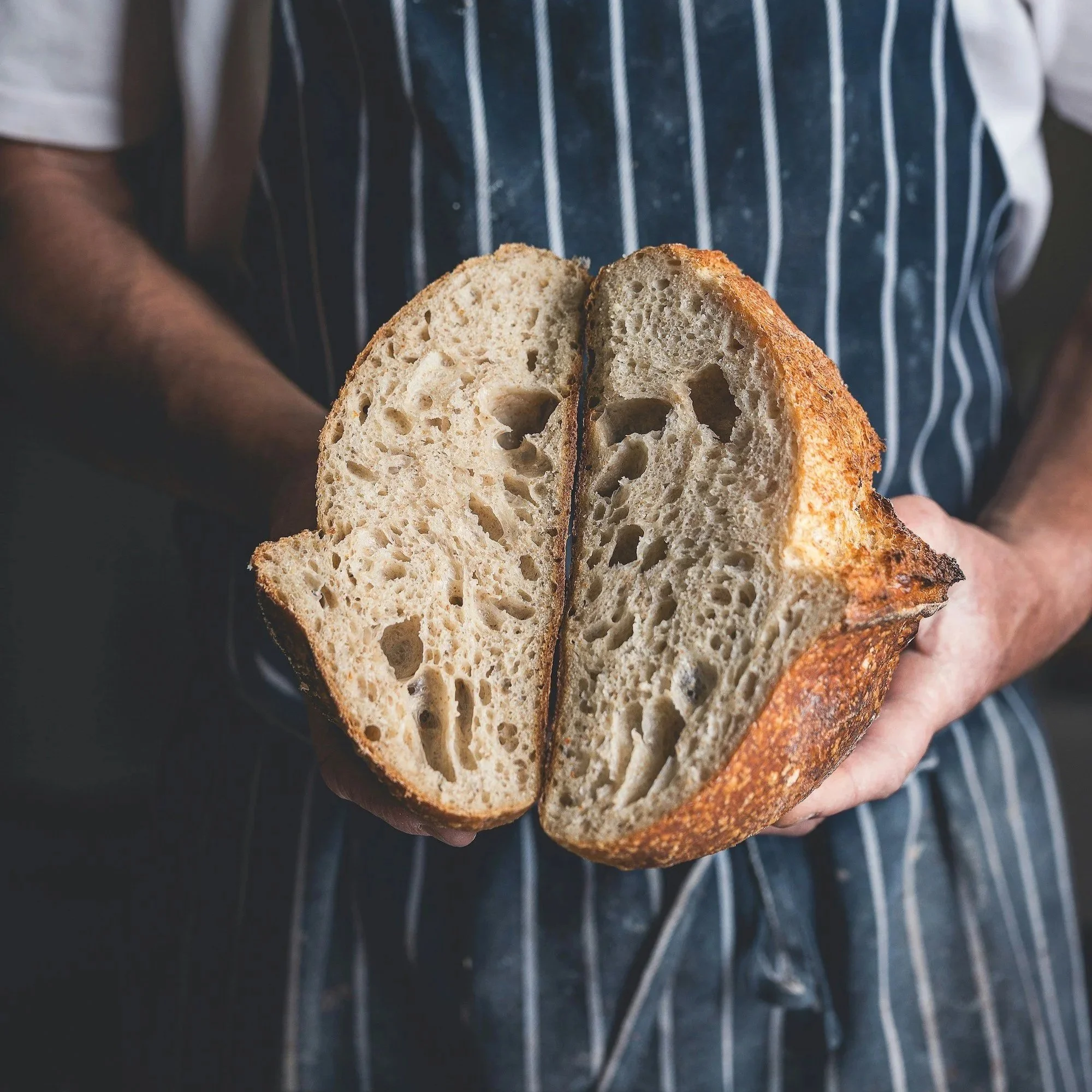What’s Hot & What’s Not, feat. Wild Oats
Alicia Stephens, store manager and head buyer at Wild Oats in Bristol, shares the shop’s current top three best-selling categories alongside the three items seeing considerably less customer demand.
What’s Hot: Brain health
We’ve noticed a clear trend in what our customers are reaching for to support brain health and overall vitality. L-theanine remains a favourite for calm and concentration, while magnesium — especially bisglycinate and threonate — is hugely popular thanks to its role in relaxation, sleep quality and cognitive function. Viridian, Terranova and Mag365 are our best sellers.
Electrolytes are climbing the list as more people recognize the link between good hydration, energy and mental clarity. And Wiley’s Finest Wild Alaskan Fish Oil Peak EPA continues to be a steady bestseller, with omega-3 well known for supporting long-term brain health. It’s encouraging to see how these choices reflect a growing focus on not just living longer, but living brighter, with energy and clarity.
What’s Hot: Baked goods
Local baked bread and pastries are strong. Our top seller in bread is Wildfarmed White Sourdough — there has been lots of interest in wildfarmed products and nurturing nature whilst farming alongside it. We love supporting local, from micro bakeries to well established bakeries like Hobbs House Bakery. We love that our bakeries use minimal ingredients such as salt, water and flour for their loaves. Our pastries are an absolute favourite to complement our locally roasted coffee partner, which has led us to notice a huge increase in people sitting in and enjoying our coffee as a new daily routine.
What’s Hot: Creatine
Creatine is trending for us — and not just for the gym. It has become one of the most requested supplements among women. Beyond supporting muscle strength and recovery, creatine is known to play a key role in brain health and quick-burst energy.
Research suggests it also offers benefits for memory, focus and even resilience under stress. For women in midlife and menopause, creatine may help maintain strength and cognitive function, making it a simple yet powerful tool for healthy ageing.
What’s Not: Alcohol
One clear shift we’ve noticed recently is in the drinks aisle. Alcohol sales have declined, with many of our customers moving away from it in favour of healthier choices. Instead, people are reaching for options like kombucha and water kefir – refreshing, naturally fermented drinks that support gut health and promote feel-good energy without the downsides of alcohol. This is part of a wider trend; products which once felt like everyday staples are being swapped for options that better align with long-term wellbeing.
What’s Not: Oat milk
Oat milk in takeaway coffee is in decline ... [and] is increasingly being swapped for organic dairy milk. With all the recent press on oils in oat milk, many customers are returning to dairy milk as their go-to for a creamy, reliable morning coffee. A renewed focus on emulsifiers and ultra-processed ingredients, along with oat milk’s higher carb and sugar content, has raised eyebrows among health-conscious consumers. We do offer soya as an alternative but that doesn’t seem to be anywhere near as popular as our organic Bruton Dairy milk.
What’s Not: Colloidal silver
Our colloidal silver category has taken a huge hit in sales in the last couple of years, since a lot more information is available on social media about the safety of using it internally and externally. People fear applying it externally due to recent headlines about how harmful it could be. It used to be a very big seller, but it has been largely substituted for antimicrobials such as black wormwood and walnut, plus oregano oil. Many countries have tightened their rules on how colloidal silver can be marketed, which feeds into consumer hesitation. It hasn’t disappeared, but it has quietly moved into smaller niche sub-categories such as surface sprays, pet care and cosmetic formulations, where people feel the benefits outweigh the risks.
By Alicia Stephens, Wild Oats







